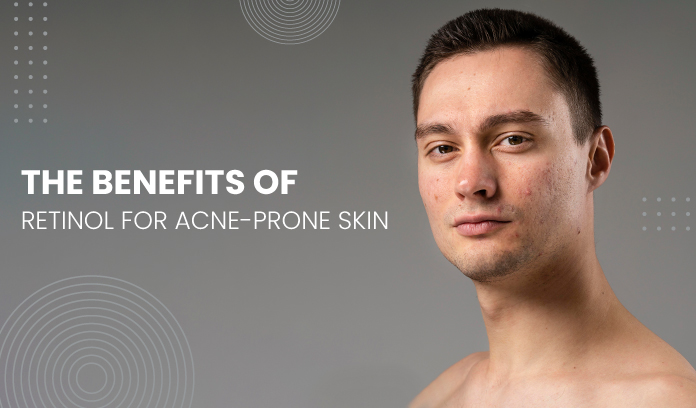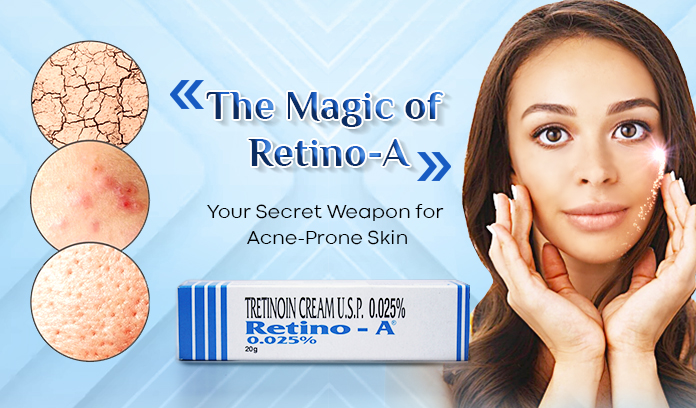In the world of skincare, understanding the nuances between various compounds is paramount to achieving radiant and youthful skin. Two such compounds, Retinol and Retinoids, often steal the spotlight in discussions about anti-ageing and skin rejuvenation. Let’s delve deeper into their disparities and uncover which one might be the ideal choice for your skincare regimen.
The Basics of Retinol and Retinoids
Retinol and Retinoids are both derivatives of Vitamin A, renowned for their exceptional skincare benefits. While they share similarities, such as their ability to promote cellular turnover and stimulate collagen production, they differ in their potency and formulation.
Retinol: The Over-the-Counter Wonder
Retinol, commonly found in over-the-counter skincare products, is prized for its gentleness and accessibility. It gradually converts into retinoic acid upon application, making it suitable for individuals with sensitive skin. This skincare ingredient is celebrated for its effectiveness in reducing the appearance of fine lines, wrinkles, and age spots.
Retinoids: Dermatological Efficacy Unleashed
On the other hand, Retinoids encompass a broader category of Vitamin A derivatives, including tretinoin, adapalene, and tazarotene. Often available through prescription, Retinoids boast higher potency levels compared to Retinol. They penetrate deeper into the skin, accelerating cellular turnover and combating stubborn signs of ageing with greater efficacy.
Choosing the Right Treatment: Factors to Consider
When deciding between Retinol and Retinoids, several factors come into play:
- Skin Sensitivity: Individuals with sensitive skin may opt for Retinol, which offers gradual results with minimal irritation.
- Desired Results: For those seeking rapid and dramatic improvements in skin texture and tone, Retinoids present a compelling option.
- Consultation: It’s imperative to consult a dermatologist before incorporating any potent skincare ingredient into your regimen, especially if considering prescription Retinoids.
Wrinkle Reduction, Collagen Production, and Beyond
Both Retinol and Retinoids excel in promoting collagen production, thereby enhancing skin elasticity and firmness. They aid in diminishing the appearance of fine lines and wrinkles, resulting in a smoother and more youthful complexion. Additionally, these potent ingredients facilitate cellular turnover, ensuring the removal of dead skin cells and the emergence of fresh, radiant skin.
Conclusion: Navigating the World of Skincare
In the realm of skincare ingredients, the choice between Retinol and Retinoids hinges on individual preferences, skin type, and desired outcomes. While Retinol offers a gentle introduction to Vitamin A derivatives, Retinoids deliver unparalleled efficacy under the guidance of a dermatological professional. Remember, consulting a medical professional is crucial before embarking on any new skincare regimen or incorporating potent ingredients.
Enhance your skincare routine with the power of Retinol or Retinoids, and embark on a journey towards youthful, luminous skin.
Consultation Disclaimer:
Before making any changes to your skincare routine or embarking on a new treatment plan, it’s essential to consult a medical professional or dermatologist. Each individual’s skin is unique, and personalised advice ensures optimal results and minimises potential risks.











